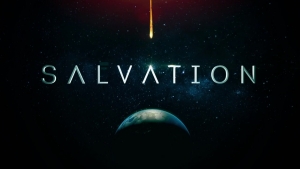It is a general, if unstated, assumption among moderns that whatever the causes of the Reformation might have been, they must be long past. Often, however, that assumption is ill-founded. In fact, the fundamental causes for the Reformation (e.g., the Roman denial . . . Continue reading →
Office Hours Season 8: Reformation 500—How Martin Luther Became A Protestant
The medieval and late medieval Christian lived in a theological world in which salvation was merely possible and never certain either in this life or in death. It was never more uncertain than it was in the two centuries leading up the Reformation. Continue reading →















